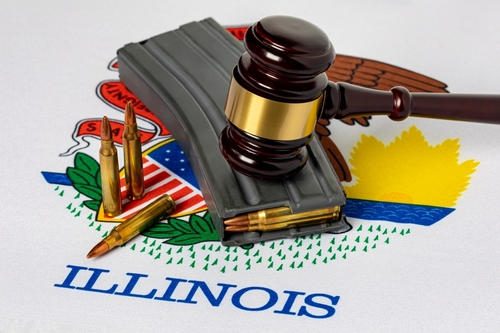
McConnell steps down after long Senate leadership term
Listen To Story Above
Mitch McConnell’s historic run as Senate Republican leader has drawn to a close, culminating nearly twenty years of influential leadership that shaped the GOP’s direction. His departure represents a significant transformation within the Republican Party, ending an epoch characterized by strategic compromise and traditional institutional values.
Throughout his leadership, McConnell emerged as a polarizing figure in conservative politics. Supporters lauded him as a pragmatic strategist and parliamentary expert who safeguarded establishment principles. Critics, however, viewed him as a symbol of the Washington establishment, prioritizing political longevity over the increasingly populist demands of the party’s base.
The Kentucky senator’s exit comes after sustained pressure from grassroots Republicans, who expressed growing discontent with his approach to crucial legislative battles. From budget negotiations to judicial confirmations, detractors claimed his cautious leadership style often hampered more aggressive conservative initiatives, particularly during Trump’s presidency.
Mitch McConnell is finally retiring.
I stand with the one man who stood alone when the world went mad to serve as Kentucky’s next great senator alongside @RandPaul.
“I came here to make sure our republic doesn’t die in an empty chamber by unanimous consent.”
– @RepThomasMassie pic.twitter.com/LKx7k3JXKm
— Dustin Grage (@GrageDustin) February 20, 2025
While McConnell’s legacy includes significant achievements in reshaping the federal judiciary, including securing three Supreme Court appointments, his hesitancy to embrace the Republican Party’s populist transformation created distance between him and many conservative voters. His backing of Ukraine funding, resistance to government shutdown tactics, and measured response to Democratic initiatives fueled dissatisfaction among party activists.
Recent voter surveys revealed mounting frustration with McConnell’s leadership style among Republican constituents, with many expressing desire for more assertive opposition to both the Biden administration and Senate Democrats. His stepping down creates an opportunity for new Republican leadership more aligned with the party’s grassroots movement and its confrontational approach.
Mitch McConnell announces he will not
seek reelection: “My current term in the Senate will be my last.” pic.twitter.com/oLUAsovAbZ— TheBlaze (@theblaze) February 20, 2025
The competition to succeed McConnell is now in motion, with potential candidates representing both traditional and populist Republican factions. The selection of his replacement will significantly influence the party’s strategic direction as it approaches upcoming electoral contests.
McConnell’s departure represents a crucial moment of transition for the Republican Party. The impact of this leadership change on party cohesion or division remains uncertain, but the approaching era of Republican leadership promises to differ markedly from its predecessor.




